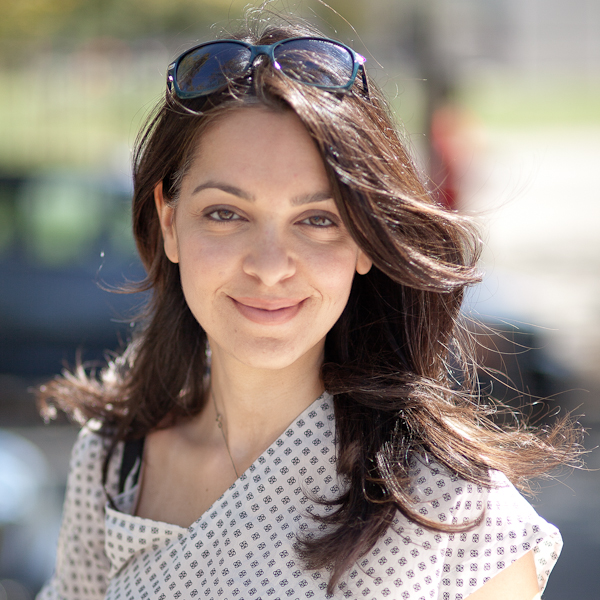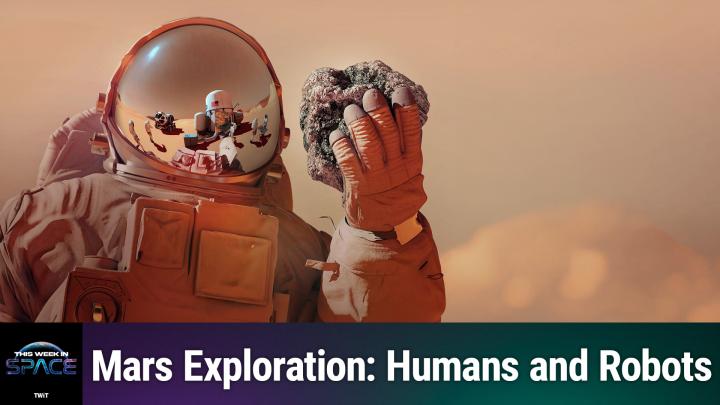Five Out of Five Researchers Agree: Earth's Solar System Special
Breaking space news, the latest updates on rocket launches, skywatching events and more!
You are now subscribed
Your newsletter sign-up was successful
Want to add more newsletters?
NEW YORK -- Though researchers find more andmore distant planets revolving around alien suns, the discoveries highlightthat Earth and its solar system may be an exceptionally rare place indeed.
That wasthe consensus here Wednesday evening among five planetary science experts whospoke at the 5th annual Isaac Asimov Memorial Panel Debate held atthe American Museum of Natural History.
Neil DeGrasse Tyson, the Frederick P. Rose Director of theHayden Planetarium, moderated the informal discussion. At issue was whether oursolar system is special, why it looks the way it does, and how others thus fardetected differ. The debate took place between theoretical and observationalscientists on the different aspects of detecting and categorizing alien solar systems. About 700 people attended the event.
Prior tothe discovery of planets around stars other than our sun in the 1990's,scientists thought that alien solar systems must look something like our own.They presumed that just like our solar system, there would be small rockyplanets like as Earth close to their host stars and large, low density ones alittle farther out. But what they discovered were solar systems unlike ourswith big Jupiter-like planets close to their host star.
Of the 150alien planets found, none of them resemble our own. "So maybe it's not theenigma of other solar systems, it's the enigma of our solar system," Tyson saidin opening the debate.
The troublewith understanding planets outside of our solar system is that they are typicallyhard to see because of their bright host star, explained Paul Butler,co-discoverer of two-thirds of the known extra solar planets. However, evenwith these constraints, indirect methods allowed scientists to detect planetsas massive as 300 times the Earth and ones as small as 15 times the mass of theEarth outside of our solar system,
As it turnsout, the mass of a planet is its most important characteristic for comparativeastrometry, the measurement of star positions. The mass determines if a planetis a gas giant or a rocky formation. "If it's a rocky planet, like Earth orMars, then one can focus on its atmosphere and learn more about itscharacteristics," said Fritz Benedict of the University of Texas.
Breaking space news, the latest updates on rocket launches, skywatching events and more!
Typically,the most sought after characteristic of a planet is its habitability. Ahabitable planet has liquid water on its surface, explained Margaret Turnbullof the Carnegie Institute of Washington. Thus far, 90% of all detected alien planets have host stars that canflare and sterilize the surface of the planet. Furthermore, planets, which arethat close to their host star, would be in a synchronous orbit. This means thatonly one side of the planet would face the host star and all potential water onthat side would evaporate and go to its "dark" side.
Whiletheorists such as Peter Goldrich of Caltech and ScottTermain of Princeton University did notpredict finding solar systems with Jupiter-like planets so close to their orbitstars, they did theorize their dynamics. As early as the1980's, they showedthat planets such as Jupiter could be very mobile, moving rapidly, and changingangle and momentum to switch orbits and migrate closer to their parent stars."Planetary system is not static, it's continually processing. Orbits jiggle around,"said Termain.
At the end,all agreed that there are still discoveries to be made before we can know ifour solar system is special or unusual amongst the universe. But speculationsvaried.
"I have aproblem referring to our own solar system as unusual, because we haven't donethat experiment yet, we haven't searched for our own solar system yet," saidTurnbull Thus far, the kind of data obtained and the type of observations madeare tuned to search for Jupiters and not Earths,therefore that's what we find. "The experiments were designed for that," sheexplained.
But withthe vast majority of the alien planets found in eccentric orbits, Butler has a differentview. "I think with the data at hand, we can say that our solar system is rare.Eccentricity dominates," said Butler."It's just a matter of how rare we are," he added.
AndBenedict agrees. "The older I get, the less likely it seems to me there'd be abunch of places like our solar system," he said. Or as Tyson added, "There's noplace like home."

